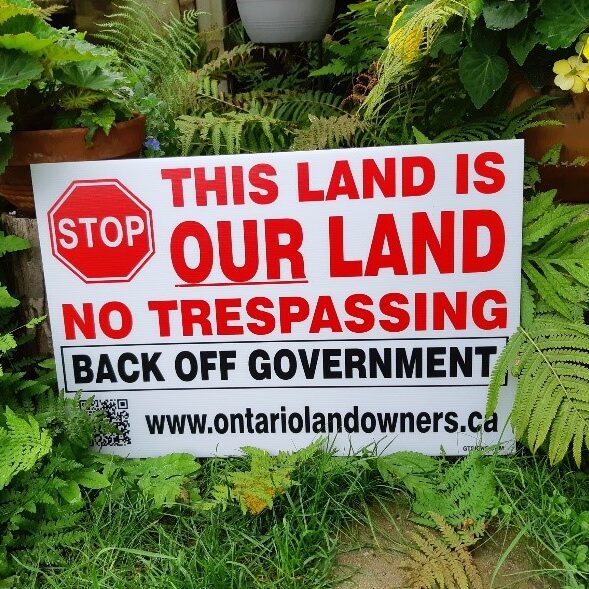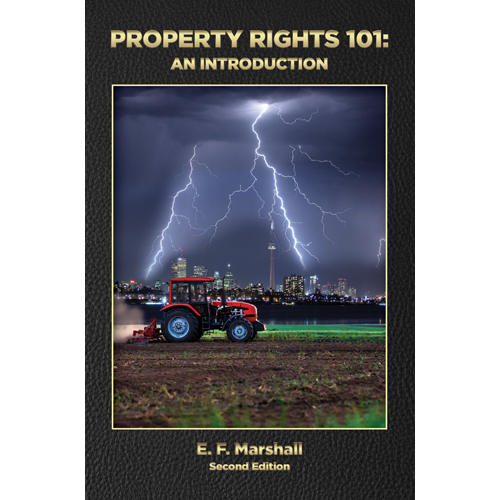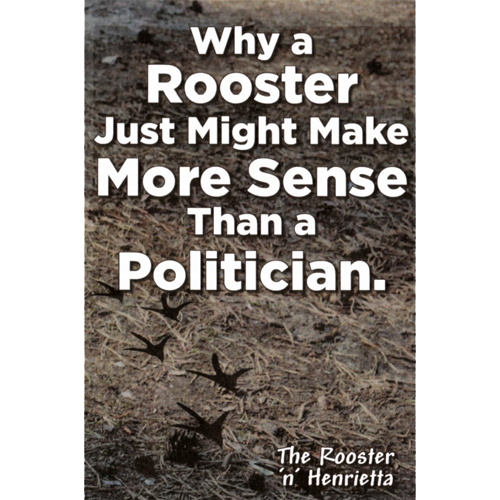OLA Recommendations for a New Animal Care Act in Ontario – Draft 4
- 2019-03-01
- By admin
- Posted in Latest News
Introduction:
The Ontario Landowners Association has been taking calls for help from animal owners across Ontario for the past fifteen years. Because of our experience in this area, and with the OSPCA Act now being ruled “unconstitutional”, we feel that it is our responsibility to put forth some ideas for consideration when creating the new act.
Preface:
The Animal Care Act of Ontario shall ensure that society recognizes its responsibility towards animals; and to ensure that the animals that we live with, play with, work with, depend on for our livelihood and use for food, are treated with the respect and care that is expected in a modern, compassionate society.
The people who live and interact with their animals also must have laws that accurately define what society expects animal care to entail.
The people who are entrusted to carry out the investigation of complaints must be highly trained in animal care, normal farm practices, and have the ability to recognize the human situation that may have contributed to the complaint being made about animal care and be able to bring an unbiased, open mind to deal with the calls.
Background:
On January 2, 2019, Ontario Superior Court delivered a decision in the constitutional challenge asserting that certain provisions of the Ontario Society for the Prevention of Cruelty to Animals Act, R.S.O. 1990, c. O.36, (“OSPCA Act”) violate sections 7 and 8 of the Canadian Charter of Rights and Freedoms (“Charter”) and the division of powers in the Constitution Act, 1867, and should therefore be of no force or effect.
In his judgement, Justice T. Minnema ruled that the sections referred to in Question 1 of the Application (re: delegating police powers to a private organization without adequate oversight) is unconstitutional for being contrary to principles of fundamental justice, and therefore offends section 7 of the Charter, and that “There was no suggestion that the unconstitutional sections could be modified or read down to make them Charter compliant”.
The government has been given one year in which to revise the Act to make it compliant with the Charter.
Recognizing that for many, the title Ontario Society for the Prevention of Cruelty to Animals (OSPCA), has a negative connotation, we recommend a change of title for any new legislation. We propose, for the government’s consideration, Animal Care Act of Ontario.
This decision provides a unique opportunity to draft new legislation for the protection of animals and their owners alike. It is our hope that the new Act will address the well-being of both animals and people.
Recommendations:
- Responsibility for Animal Care in Ontario shall be administered by a government agency, under the direction of a ministry, and not by a charitable organization. This will address concerns raised by both the appellant and the intervener in Bogaerts v. Ontario that a charity that must raise funds results in potential conflicts of interest. While the court did not recognize this issue as being contrary to the Charter, it nevertheless recognized this as being an integrity issue. A law that lacks integrity should not be acceptable.
- Inspection of animals shall be done by fully-trained animal care officers who are provincial government employees. These employees must carry a certificate when on duty and the certificate must be produced when requested.
- Enforcement of the Act shall be done by the local municipal police service or by the Ontario Provincial Police. If an inspection is complaint-driven, and it is found that the complaint is malicious and unfounded, the complainant can be prosecuted. The Act will empower animal owners to initiate action against nuisance complaints.
- The new Ontario Animal Care Act shall:
- Include all animals, including companion, service, protection and commercial. Wild animals under the responsibility of the Ministry of Natural Resources and Forestry are excluded from this Act.
- Clearly and transparently define abuse and negligence.
- Include a “Graduated Intervention” model for working with animal owners. Animals will be left with the owner, if possible, and alternative “at home” care will be ordered where necessary. This Act will ensure that animals that are removed are placed either with a local Humane Society or other local animal care organization, or in the case of commercial animals, with a neighbouring farm. When an animal is removed from the owner, all costs incurred during the removal, transportation, medical care and boarding fees are not the responsibility of the owner. These costs will be borne by the government. This will help ensure that animals are not removed except where it is absolutely necessary, and it is in the public’s best interest.
- Ensure that the owner’s veterinarian is consulted when evaluating the health of an animal and that his or her opinion is not disputed or over-ruled. The Agency will not be allowed to go “vet shopping”.
- Ensure that the owner is provided with social support to address any financial or health issues which may have led to a deterioration of an animal’s care. The Agency shall develop partnerships and work with Humane Societies and other animal care organizations together with social support agencies. In some cases, the lack of animal care is related to mental or physical disabilities of the owner or financial hardship. Charges shall not be laid where mental health issues are diagnosed. Alternatively, a diagnosis of a mental health issue that contributed to neglect of the subject animals will provide a complete defence against charges. Compassion for animals cannot be at a cost of compassion for people, where appropriate (refer to Ben Stein pork case).
- Animals shall be defined as “non-human living beings with a developed nervous system”. This Act shall not grant human rights to animals.
- Owners who are charged under the Provincial Act, will be subject to the court procedures within the Provincial Offences Act. Appeals will follow the current court process. There will be no tribunals. If charges are laid under the Criminal Code of Canada rather than the Provincial Offences Act, the charges will follow standard criminal court procedures.
- The care of an animal seized from an owner because of charges brought before the court, will be returned to the owner if the verdict is not guilty. The Crown will be responsible for the care of the animal during the length of the court proceeding.
- In drafting the new Animal Care Act for Ontario, existing “Codes of Care” (e.g. for beef, sheep, dairy, goats, equine, etc.) should be reviewed, aligned with the Act, and registered with the new agency.
- The Act shall prohibit the “willful failure or willful delay to report a chargeable offence to the Animal Care Agency”.
Search:
Categories
Archives
- April 2024
- January 2024
- December 2023
- November 2023
- August 2023
- July 2023
- June 2023
- May 2023
- April 2023
- March 2023
- February 2023
- January 2023
- December 2022
- November 2022
- October 2022
- September 2022
- August 2022
- July 2022
- June 2022
- May 2022
- April 2022
- March 2022
- February 2022
- January 2022
- December 2021
- November 2021
- October 2021
- September 2021
- August 2021
- July 2021
- June 2021
- May 2021
- April 2021
- March 2021
- February 2021
- January 2021
- December 2020
- November 2020
- October 2020
- September 2020
- August 2020
- July 2020
- June 2020
- May 2020
- April 2020
- March 2020
- February 2020
- January 2020
- December 2019
- November 2019
- October 2019
- September 2019
- August 2019
- July 2019
- June 2019
- May 2019
- April 2019
- March 2019
- February 2019
- January 2019
- December 2018
- November 2018
- October 2018
- September 2018
- August 2018
- July 2018
- June 2018
- May 2018
- April 2018
- March 2018
- February 2018
- January 2018
- December 2017
- November 2017
- October 2017
- September 2017
- August 2017
- July 2017
- June 2017
- May 2017
- April 2017
- March 2017
- February 2017
- January 2017
- December 2016
- November 2016
- October 2016
- September 2016
- August 2016
- July 2016
- June 2016
- May 2016
- April 2016
- March 2016
- February 2016
- January 2016
- December 2015
- November 2015
- October 2015
- September 2015
- August 2015
- July 2015
- June 2015
- May 2015
- April 2015
- March 2015
- February 2015
- January 2015
- December 2014
- November 2014
- October 2014
- September 2014
- August 2014
- July 2014
- June 2014
- May 2014
- April 2014
- March 2014
- February 2014
- January 2014
- December 2013
- November 2013
- October 2013
- September 2013
- August 2013
- June 2013
- April 2013
- October 2012
- May 2012
- September 2011



